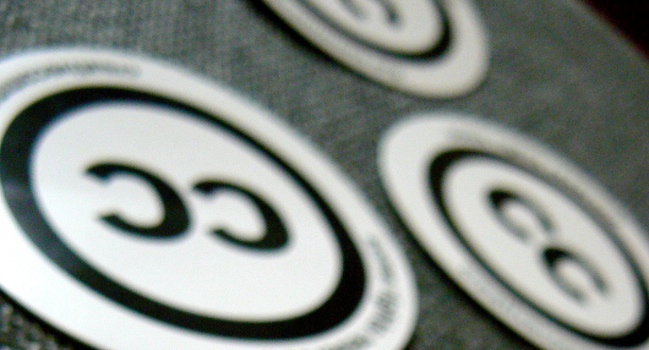Design (Wikipedia’s definition):
Design is the planning that lays the basis for the making of every object or system. It can be used both as a noun and as a verb and, in a broader way, it means applied arts and engineering.
Creative Ambiguity (my definition):
Creative Ambiguity is brought about when an intangible idea, process or way of thinking is defined in an imprecise way. It is a delicately-balanced conceptual space in which the very nature of the ambiguity leads to creative outputs.
So if Creative Ambiguity is a good thing, how do we go about planning and designing for it? I suggest 3 guidelines:
- Avoid using precise language if your understanding of a idea, process or way of thinking is imprecise.
- View other people’s opinions in an and/and/and way rather than either/or. Embrace the greyness!
- When coming across a new idea, process or way of thinking, find out if it has been previously defined. If not, come up with a new term and throw it out there for people to comment upon.
According to Pragmatism, things don’t have to ‘exist’ they just need to be ‘good in the way of belief’. Is Creative Ambiguity good in the way of belief for you?

(image CC BY-NC Jeremy Brooks)
So here’s the plan. To make blogging every day sustainable, I need a system. Here’s what I’m thinking:
- Monday Motivation – hints, ideas and tips about productivity, motivational quotes and the like.
- Tuesday Tech. – an update on edtech stuff and related musings.
- Wednesday Wisdom – a mashup of Creative Commons-licensed photos and quotations from Balthasar Gracián’s The Art of Worldly Wisdom.
- Thursday Thesis – parts of, or ideas, related to my Ed.D. thesis.
- Friday Fun – some end-of-the-working-week light heartedness, fun and random stuff.
- Saturday Stats – an opportunity for me to post things related to visualization and infographics.
- Sunday Scientia – the new name for Things I Learned This Week (‘Scientia’ is Latin for ‘knowledge’)
Thoughts? It may mean I need to change the categories around a bit… 🙂

Background
Jonathan Lethem (via Harold Jarche):
Copyright is a “right” in no absolute sense; it is a government-granted monopoly on the use of creative results. So let’s try calling it that—not a right but a monopoly on use, a “usemonopoly”—and then consider how the rapacious expansion of monopoly rights has always been counter to the public interest…
Seth Godin:
So, how to protect your ideas in a world where ideas spread?
Don’t.
Instead, spread them. Build a reputation as someone who creates great ideas, sometimes on demand. Or as someone who can manipulate or build on your ideas better than a copycat can. Or use your ideas to earn a permission asset so you can build a relationship with people who are interested. Focus on being the best tailor with the sharpest scissors, not the litigant who sues any tailor who deigns to use a pair of scissors.
Leo Babauta:
This blog is Uncopyrighted. Its author, Leo Babauta, has released all claims on copyright and has put all the content of this blog into the public domain.
No permission is needed to copy, distribute, or modify the content of this site. Credit is appreciated but not required.
Terms and Conditions for Copying, Distribution and Modification
0. Do whatever you like.
Motivation

Response
I’m here to change things. Do what you like with my stuff. It would be nice if you referenced where you get your ideas/resources from, but no longer necessary. From now on, my stuff is uncopyrighted.
CC BY laihiu



